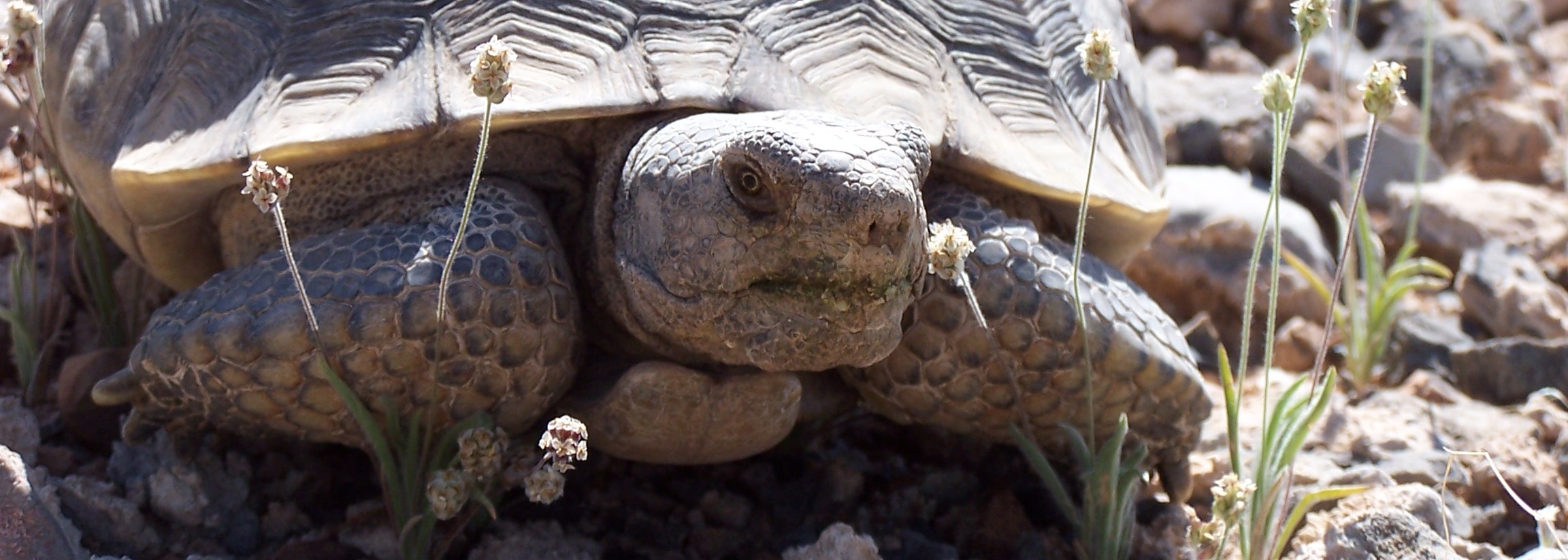Team Leader
Robert D. Sutter
Conservation Ecologist/Plant Population Ecologist
Rob Sutter has worked over 30 years in the conservation field, 19 of those as the Regional Scientist and as a Senior Manager in the Southern US for The Nature Conservancy. In that position he has worked on terrestrial, freshwater and marine projects across 10 states. Previous to his work with The Nature Conservancy, he was the Endangered Species Botanist for the state of North Carolina and coordinated the state’s Plant Conservation Program.
The focus of most of his work has been the integration of science into conservation, taking into account limited resources and need to make decisions in the context of uncertainty. His expertise is in developing ecologically-focused strategic conservation and adaptive management plans to direct and measure the success of conservation actions. Rob has extensive experience managing complex projects. He was chosen as a future leader of The Nature Conservancy and participated in the Leadership Excellence Program.
Rob’s role as Regional Scientist in The Nature Conservancy was to provide and facilitate the incorporation of the best available and most current ecological information into the Conservancy’s conservation work, from the selection of areas to protect to strategic planning and monitoring ecological change. He lead several expert networks including the Southern Freshwater Team, the regional fire network and the Southern Regional Science Council and numerous regional projects including researching how well ecosystem services protects biodiversity in the Lower Mississippi River Alluvial Plain, assessing conservation strategies for protecting large forest lands and advising Eglin Air Force base on their adaptive management and fire monitoring program. He has worked extensively in adaptive management, with work at several Department of Defense installations and has done ecological research in Southern Appalachian wetlands and forests, longleaf pine forest systems, prairie remnants and isolated wetlands. With others in TNC he was one of the leaders in the development of the Conservation Action Planning process and developed the training workshop on ecological monitoring. He is active teaching Conservation Action Planning and ecological management within TNC and to other conservation organizations (DoD, NPS, USFS, USFWS, local land trusts).
Rob got his undergraduate and Master’s degrees in Botany from Duke University, with an emphasis in plant population ecology. He has taught short courses at Duke and is on the selection committee for the Doris Duke Fellowship Program in Duke’s Nicholas School of the Environment and Earth Sciences. He is been a member of ESA, SCB, ASB and Natural Areas Association. He has over 40 publications and reports in the conservation literature.
Rob also has a strong interest in teaching and communicating ecology and conservation to the public. Since 1989 he has taught a spring wildflower workshop (Appalachian Spring) to North Carolina public school teachers at the NC Center of the Advancement of Teaching (www.nccat.org). Additionally he has offered workshops at NCCAT on Forests of the Blue Ridge and the Natural and Human History of the North Carolina Coast. Rob has given many presentations to the public on a wide range of conservation and natural history topics. Currently he is working on a book on the Natural and Human History of the South Atlantic Coast (www.natrualandhumanhistory.org).
Rob lives in Savannah, Georgia, with his wife and ecologist, Alison McGee and his stepdaughter Nina.
Core Team Members
Dr. David Braun
Freshwater Conservation Scientist, Sound Science, New York, New York
Dr. David Braun, a specialist in adaptive management and freshwater biodiversity conservation, and a Senior Associate at Sound Science LLC, collaborates with Enduring Conservation Outcomes LLC on projects of mutual interest. Dr. Braun provides scientific support to institutions interested in improving their adaptive management of ecological resources through improved conservation planning, monitoring and outcome-based measures of effectiveness; and through integrated land- and water-management. Dr. Braun has extensive experience integrating ecological, hydrologic, watershed and socioeconomic science to help guide freshwater ecosystem conservation; watershed modeling, planning and management in mixed-use and agricultural watersheds; hydrologic alteration analysis and environmental flow assessment; design and implementation of ecological adaptive management projects, including development of monitoring programs and threshold-based management goals and performance metrics; facilitation of conservation planning; and support of public-private partnerships in watershed management. Dr. Braun served for 16 years as a top advisor on freshwater conservation in The Nature Conservancy; helped develop the “Indicators of Hydrologic Alteration” methodology; and co-developed the “Ecological Integrity Assessment Framework” that now guides conservation planning for the Conservancy and many other conservation organizations worldwide.
Click Here for David’s CV




